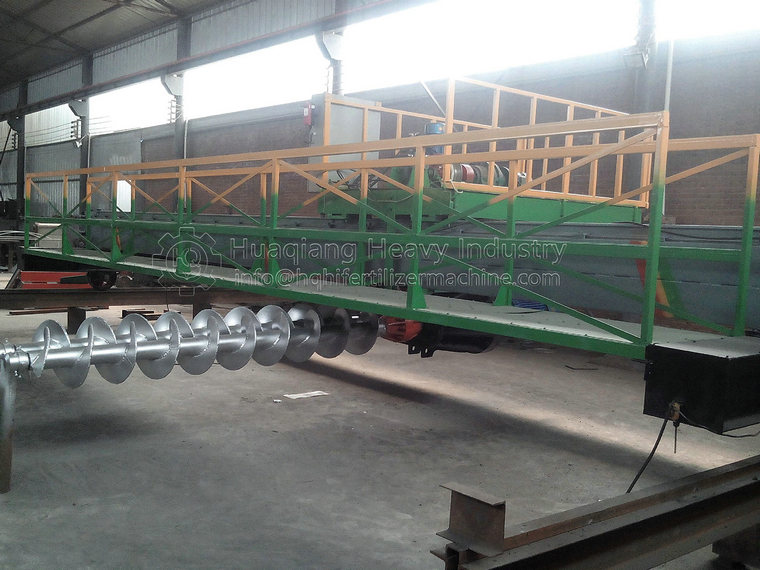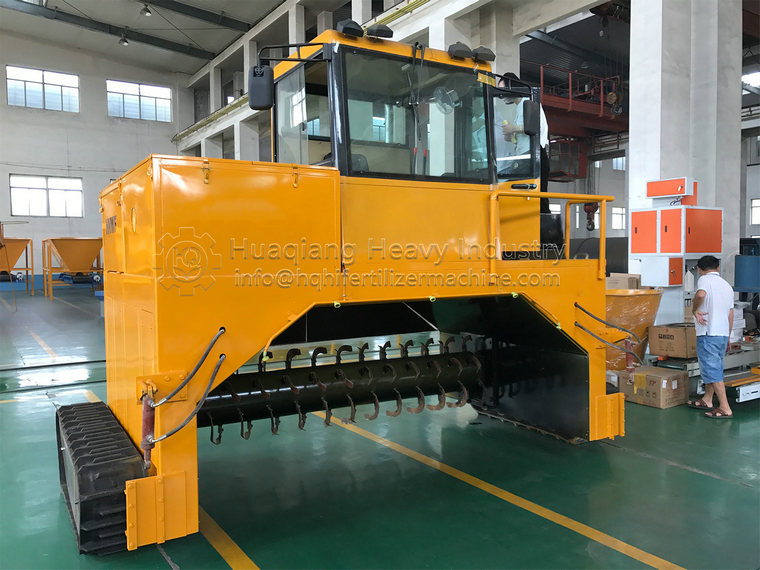In the complex process of fertilizer production line, the organic fertilizer crusher plays a crucial role in optimizing the fermentation process and is one of the key factors in improving fertilizer quality.
Fermentation is the core process of organic fertilizer production, and the state of raw materials has a decisive impact on the fermentation effect. Uncrushed organic raw materials have a tight structure, and the internal organic substances are difficult to fully contact with external microorganisms and oxygen. The organic fertilizer crusher breaks the original structure of the raw materials through fine crushing operations, refining them into more easily processed particles.
Taking crop straw as an example, straw itself has a tough fiber structure, making it difficult for microorganisms to directly invade and decompose. After being processed by an organic fertilizer grinder, the straw is crushed into small pieces or powder, the fiber structure is destroyed, and the internal organic components such as cellulose and hemicellulose are exposed. In this way, microorganisms can more easily adhere to the surface of the raw materials and carry out decomposition and metabolism activities deep inside, greatly enhancing the fermentation effect.
Moreover, the crushed raw materials can better absorb water and nutrients during the fermentation process. Smaller particles have a larger adsorption area and can absorb water, fermentation agents, and other nutrients added during the fermentation process more quickly. This enables microorganisms to rapidly reproduce and grow in suitable environments, accelerating the decomposition and transformation of organic matter, generating more effective components such as humus, and improving the fertility of organic fertilizers.
During the fermentation process, temperature and gas exchange are also key factors. The crushed raw materials are stacked together to form a looser structure, which is conducive to air circulation. Air can smoothly enter the interior of the material pile, providing sufficient oxygen for aerobic microorganisms, while discharging exhaust gases such as carbon dioxide to maintain the stability of the fermentation environment. Moreover, the loose structure also helps to dissipate heat and avoid affecting the fermentation process due to local high temperatures.
In addition, the degree of crushing of organic fertilizer crushers can be adjusted according to different raw materials and fermentation requirements. For materials with hard texture and difficult to decompose, finer crushing methods can be used; For some soft materials, the degree of crushing can be appropriately controlled. This flexibility enables the fermentation process to be optimized according to actual conditions, ensuring that each raw material can participate in fermentation at its optimal state, thereby improving the fermentation efficiency and product quality of the entire fertilizer production line.







